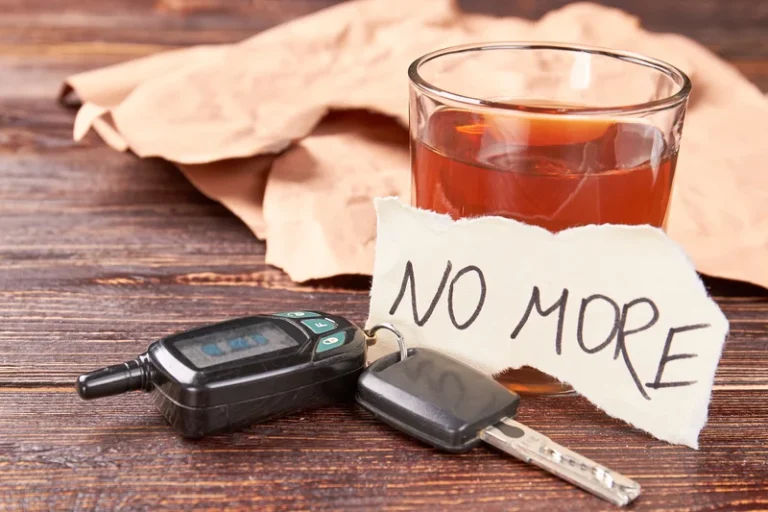
If you have projects and goals, you can certainly work towards them, but also care for yourself and give yourself space to simply enjoy being alive. Because relentless pursuit can lead to burnout, koinophobia can actually impair your ability to be extraordinary. You cannot pour from an empty glass, as the saying goes. By definition, a phobia goes beyond motivation and crosses into distress. This can lead to agitation, feeling like you are constantly on the go, and over time exhaustion because this is not sustainable. Since koinophobia is not a fear of being sober recognized diagnosis like Generalized Anxiety Disorder or Social Anxiety Disorder, there is very little formal research on this phenomenon.
Sobriety Fear #8: People won’t like the sober you.
But you do need patience, empathy for yourself, and a firm commitment to meeting your goal. Those who are overly pessimistic and say, “I’m going to be miserable forever,” will inevitably fail. Being at a party or trying to find the perfect romantic partner without alcohol is the stuff of nightmares for many people. Even people for whom alcohol is not a problem experience this.
Learn more

Those who abuse substances often have a pile of family and friend issues that they fear having to face as a sober person. And it’s true that some things cannot be undone or forgiven. Undoubtedly, their emotions become stronger as they no longer hide behind the haze of drugs and alcohol. Having a strong therapeutic relationship can do wonders for those in this position. Having outside alcoholism treatment help navigating the difficulties of your past while establishing healthy boundaries for the present is invaluable in the process of sobriety. Getting sober also means you have to admit that you have a substance abuse problem, which for many people is scary enough in itself.
- This emotional cleansing is a necessary part of healing, just as detox is a physical elimination of toxic substances.
- Every person faces fear at various times in their lives.
- After you’re more secure in your sobriety, you’ll find that you’re actually MORE charming than “drunk you” could ever be.
Connection is Key: Maintaining Sobriety During the COVID-19 Crisis
- Contact us for an over-the-phone assessment to see how we can help.
- While not a clinically recognized diagnosis many people experience anxiety related to this fear.
- Here are some of the more common fears and how to face them.
- If you’ve developed an identity tied closely to the drug scene, you might fear losing yourself outside that world.
If you’re struggling with the fear of being sober, you’re not alone, and help is readily available. At Eudaimonia Recovery Homes in Austin, Texas, we offer a full continuum of care that supports you at every stage of recovery. From detox to sober living, our comprehensive and individualized programs are tailored to meet your unique needs. At Eudaimonia Recovery Homes, we encourage residents to engage in activities that promote physical, emotional, and spiritual well-being. Whether it’s through fitness programs, art therapy, or mindfulness practices, finding joy in new activities can help you replace the fear of sobriety with excitement for the future. During your individual counseling and group sessions, your emotions may feel overwhelming.

How to Cope with a Fear of Sobriety
Don’t expect to accomplish any big self-realizations in the beginning. More than likely, though, this meaningful journey of self-discovery will be a long, ongoing, and wonderful process. Instead of being afraid that you won’t recognize yourself, look at it as an opportunity. You get to define yourself from here on out, and there won’t be any regrettable drunk shenanigans doing that on your behalf.
Sobriety Fear #3: You’re going to fail.

The fear of being sober is often about dealing with your loss of a coping mechanism for “real” life. You’re afraid you don’t have the tools and resources to help you to maintain your sobriety. You are afraid that being sober will simply be too hard.
Change
But what you will also notice is that those people who are your friends – beyond just partying, drinking and taking drugs – will never leave. Also, many people who are addicted may have an undiagnosed co-occurring mental health disorder, like depression or anxiety. Addiction treatment will address the co-occurring disorder and help the person find ways to treat the depression or anxiety without substances. A fear of success can be hard for many on the outside of addiction to understand. Therapy and support groups can help individuals in recovery work through self-doubt and pain. The flipside of the fear of failure is the fear of success.

When the Fear of Being Sober Means Facing Emotion
Once you are able to specify and name your fear, you can address it. Consider a few examples of what may be holding you back. After months or years of being fixated on drugs and alcohol, who are you if you arent an addict?